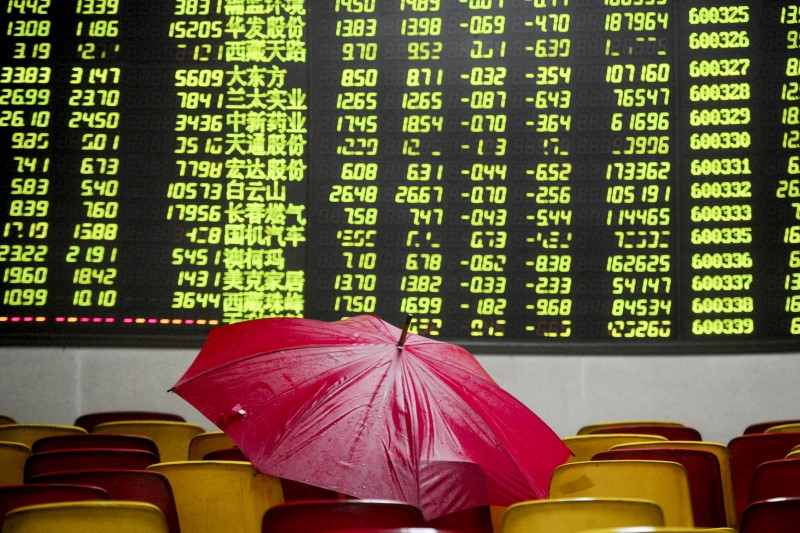This post was originally published on this site
https://i-invdn-com.investing.com/news/LYNXMPEC050CV_M.jpg
Technology stocks were the best performers for the day, with Hong Kong’s Hang Seng Index, South Korea’s KOSPI and Japan’s Nikkei 225 index up between 0.5% and 1% on strength in the sector.
A positive overnight close on Wall Street offered a strong lead-in to regional shares, especially as heavyweight tech stocks closed higher before the third-quarter earnings season.
Markets also took positive cues from stronger-than-expected non-oil exports data from Singapore, which acts as a bellwether for trade in Asia.
Still, most Asian bourses were nursing steep losses over the past week, as appetite for risk-heavy assets was battered by concerns over the Israel-Hamas war. While an agreement between the U.S. and Israel to allow aid into Gaza provided some relief, markets remained on edge over a potential spillover of the conflict into the Middle East region.
Strength in commodity stocks helped Australia’s ASX 200 add 0.5%, after iron ore miner Rio Tinto Ltd (ASX:RIO) logged a rise in third-quarter shipments. The stock rose 1.6%, while peer BHP Group Ltd (ASX:BHP) added 0.8%.
Futures for India’s Nifty 50 index pointed to a flat open, as strength in heavyweight tech stocks appeared likely to be offset by broader index weakness. Softer-than-expected wholesale inflation data on Monday showed price pressures remaining in negative territory for a sixth straight month, although food prices still remained high.
Sentiment was also subdued before key economic data from China, Asia’s largest economy. Third-quarter gross domestic product data is due on Wednesday, and is expected to show continued weakness in economic growth.
China’s Shanghai Shenzhen CSI 300 and Shanghai Composite indexes lagged their regional peers, losing between 0.1% and 0.3% as markets also grew doubtful over just how much support the economy was taking from recent monetary stimulus measures.
The People’s Bank of China is set to decide on its benchmark loan prime rate this week, but is widely expected to keep the rate unchanged after it made no changes to its medium-term rates.
Concerns over an economic slowdown in China have been a key weight on Asian stocks this year, given the country’s role as a major trading partner for the region.
Beyond China, Japanese consumer inflation data is also on tap this week, and is widely expected to factor into the Bank of Japan’s plans to tighten monetary policy.

